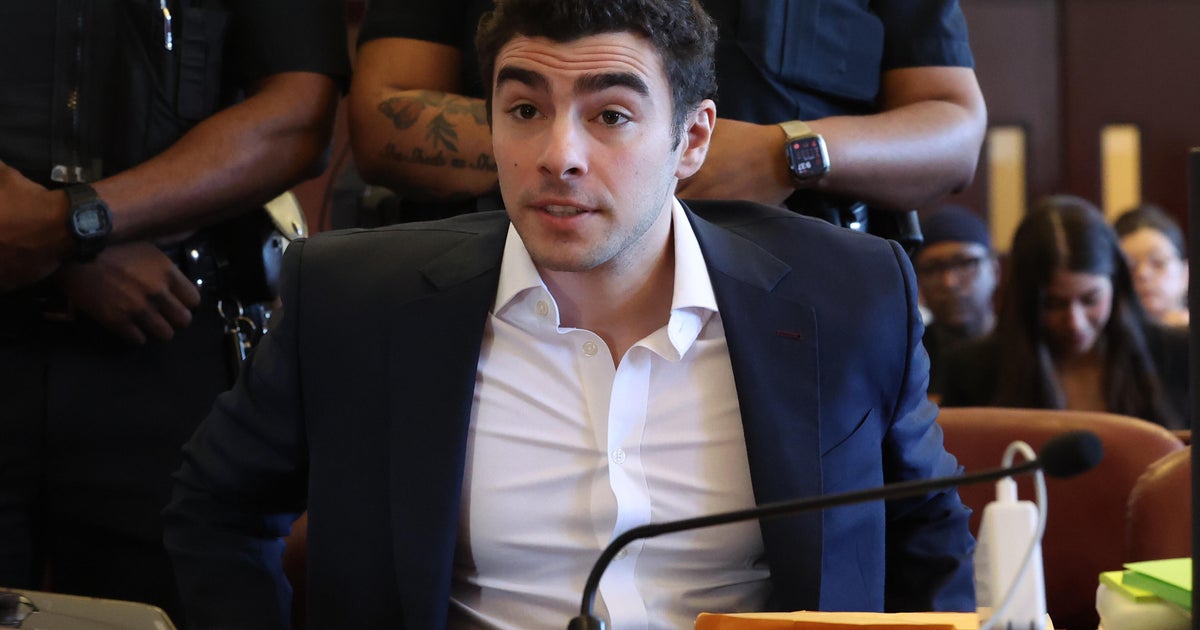Ex-Detroit Riverfront CFO's guilty plea delayed in embezzlement case
Lawyers for a man accused of stealing more than $40 million from a prominent Detroit nonprofit group suddenly postponed his guilty plea during a court hearing Monday.
William Smith, who for years controlled finances at the Detroit Riverfront Conservancy, told a judge that he was prepared to plead guilty to wire fraud and money laundering. A prosecutor then described key points in the plea agreement, including a possible prison term of more than 15 years.
But after a brief recess, and private discussions by both sides, Smith's attorney, Gerald Evelyn, returned to court and said more time was needed. No one disclosed the reason, and no new court date was set.
Smith, 52, was arrested in June. Investigators said he routinely used money from the Riverfront Conservancy to pay credit card bills for travel, hotels, limousines, household goods, clothing and jewelry. U.S. Attorney Dawn Ison has said the fraud was "astonishing in scale."
Before the hearing stopped, Assistant U.S. Attorney John Neal said Smith and his lawyers had agreed that the minimum loss was $44.3 million but "it could be higher."
The Riverfront Conservancy's mission is to transform miles of shore along the Detroit River into a place for recreation, with plazas, pavilions and green space. Its board of directors is composed of prominent people in Michigan business and government.
CEO Ryan Sullivan issued the following statement on Monday:
"We are disappointed that today did not meet our expectations of a guilty plea, and we look forward to this being resolved in the near future. All of us at the Detroit Riverfront Conservancy are thankful to the United States Attorney's Office for their continued efforts in investigating and prosecuting this case."
Following his arrest, a federal judge granted a temporary restraining order that banned Smith and others from accessing up to $39.3 million in assets.
The restraining order applies to checking and savings accounts, retirement and investment accounts, loans and lines of credit associated with Smith or his business. Court documents also listed two Can-Am motorcycles, a yacht, and 21 properties in Detroit, Texas and Georgia, and a condominium in Mexico.
The temporary restraining order was effective for 14 days from the day it was issued.







